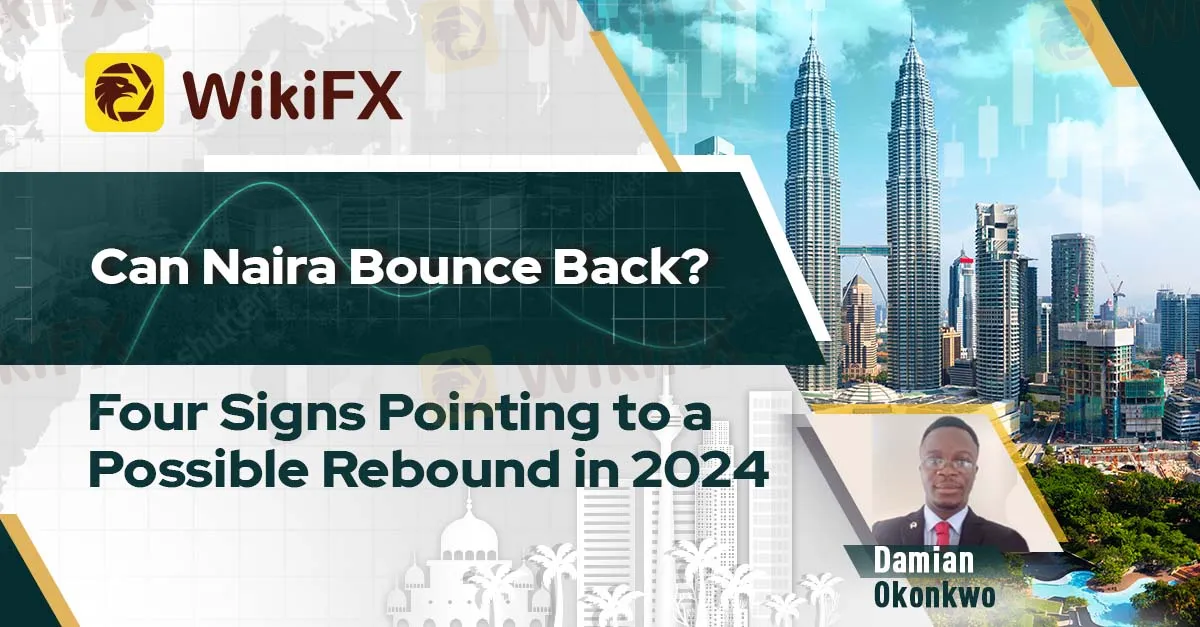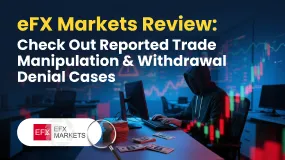Abstract:While the road to Naira recovery is likely to be bumpy, 2024 offers reasons for cautious optimism. A combination of rising oil prices, policy adjustments, and external factors could contribute to a rebound in the currency.

By: Damian Okonkwo

Naira sees a massive fall in 2023
The Nigerian Naira has witnessed a tumultuous fall in 2023, depreciating against the US Dollar by over 45%. This decline has caused economic strain, impacting every economic activity in the country, from fuel imports to inflation rates.
The free fall of the Naira against the US dollar has caused many to question the chances of recovery for the Naira in 2024.
Can Naira Bounce Back in 2024?
Here are four signs pointing to a possible Naira rebound in 2024:
1. Rising Oil Prices: Nigeria's economy is heavily reliant on oil revenues. With global oil prices projected to average above $80 per barrel in 2024, increased export earnings could boost foreign exchange reserves, stabilizing the Naira and potentially paving the way for appreciation.
2. Potential End to Fuel Subsidy Removals: The controversial removal of fuel subsidies in June 2023 contributed significantly to rising inflation and Naira depreciation. However, recent pressure from labor unions and political groups could lead to a policy reversal, reducing pressure on the currency and potentially improving market sentiment.
3. Tightening Monetary Policy: The Central Bank of Nigeria (CBN) has adopted a more hawkish approach, by continuously raising the interest rates to combat inflation. This could potentially bring down the pressure on the Naira, and attract more foreign investments, which will help in stabilizing the exchange rate in the long run.
4. Increased Diaspora Remittances: Nigerians abroad are a vital source of foreign exchange remittances. Improved economic conditions in developed economies like the US and UK could lead to higher remittance flows in 2024, providing much-needed foreign exchange injection and boosting the Naira.
Challenges to consider
Despite these potential tailwinds, significant challenges remain. Global economic slowdown, ongoing security concerns, and continued dependence on imported refined petroleum products could disrupt the Naira's recovery. Domestic reforms to diversify the economy and improve export competitiveness are crucial for long-term sustainability.
Conclusion
While the road to Naira recovery is likely to be bumpy, 2024 offers reasons for cautious optimism. A combination of rising oil prices, policy adjustments, and external factors could contribute to a rebound in the currency. However, addressing fundamental economic challenges through diversification and structural reforms remains essential for sustained stability. As Nigerians grapple with the present hardship, it is the hope for a stronger Naira in 2024 that fuels their resilience and determination to navigate the economic headwinds.











